|
Most companies will invade your privacy to the extent that they think they can get away with it. I know, because as a senior financial analyst with various Fortune-500–level companies I had top-level access to customer data in order to research various sales and customer trends. We used this data when evaluating where to invest capital and marketing expenditures.
Well, isn’t this rich? In 2013 Apple introduced the iPhone 5s with the never-before-seen in a mobile phone 64-bit processor. The Android world was quick to label this “marketing fluff” that wouldn’t make a bit of difference in a phone using less than 4 GB of RAM. They accused Apple of resorting to desperate marketing gimmicks. Never mind that non-biased web sites like Anandtech predicted that there would be a significant performance benefit simply from implementing the ARMv8 instruction set.
So now, three years later Google is ready to release Android 7.0 Nougat to all qualifying phones. Except, it’s looking like only phones running 64-bit chips are invited to the party. It appears that running the latest ARMv8 instruction set has a whole slew of benefits to both performance and security that have nothing to do with managing memory. So much so that if your phone isn’t on a 64-bit chip Google refuses to upgrade your phones operating system. In the Android world ARMv8 just went from “marketing fluff” to mandatory. The same Apple critics called 3D Touch marketing fluff too. Meanwhile you know that the only reason Android phones don’t have it is because they haven’t gotten it sorted out yet. Anyone who thinks that the Apple Watch doesn’t need cellular connectivity built-in because they don’t want to pay for another data plan or because the screen is too small to be useful misunderstands the whole purpose of the Apple Watch.
So it’s happened again. Samsung released a brand new phone to critical acclaim, only to find last year’s iPhone can still kick dust in its face. Target reported disappointing Q2 results a week ago and put part of the blame on disappointing iPhone and iPad sales. Right off the bat, this looks suspicious.
First, Target’s electronics sector in general was down by double digits. Apple products make up only one third of electronics. By virtue of the fact that iPhones cost a whole lot more than alarm clocks and headphones, it makes sense that Apple products would be a large part of the overall electronics decrease. But even so, two thirds of the decrease in electronics had nothing to do with Apple. Something doesn’t smell right when it comes to explaining Samsung’s profitability improvements in their latest quarter. What Samsung is saying versus what they are rumored to be doing seem to contradict each other. However, after some thought, I think I can reconcile this paradox and explain why they’re not contradictory.
This month we’ve seen two magazine spreads on Apple executive management. That alone might be significant if we were discussing any other Fortune 500 company.
Fast Company – Eddy Cue And Craig Federighi Open Up About Learning From Apple’s Failures The Washington Post - Tim Cook, the interview: Running Apple ‘is sort of a lonely job’ But Apple hasn’t been like any other Fortune 500 company when it comes to media relations. They’ve avoided the spotlight at all costs. So for long-time Apple watchers, this is highly unusual. There has been an idea floating around in the tech world that perhaps someday innovations in software would render hardware irrelevant. That people would come to see cross-platform applications from Facebook or Amazon as threats to Apple’s own ecosystem thereby devaluing the importance of hardware.
If there’s one Apple product that really impresses my Android friends when they come over for a visit, it’s my Apple TV. Using Siri to bypass the interface to find anything in my library or meticulously scrub video is an impressive feat. And the way that my iPhone or iPad becomes a seamless outgrowth of the Apple TV to play games or throw up my videos is way cool.
As of today, nobody outside of Apple knows what they are going to name the next iPhone. And yet, everyone in the press seems to be referring to it as the iPhone 7. I don’t understand why that is.
Tim Cook was interviewed by The Washington Post this week in which he described himself as a “non-traditional” CEO. But you could have fooled me. If you judge Tim by his actions versus his words, he appears to be doing quite well as a traditional CEO.
Writing for The Verge Thomas Ricker says that Apple should offer wireless earbuds with their new iPhones since you can get a decent pair for $29. I thought that was humorous since Apple should be able to spend significantly more than that without experiencing any margin deterioration.
I’ve been noodling for a while how to articulate the importance of Apple’s 3D touch and made a weak plea earlier for Apple to not water it down. I still believe that equating 3D Touch with a long press would be a big mistake and selling touch language short.
I am so sick of dealing with firmware updates and the Windows Device Manager that I’m ready to throw my Surface Pro into the nearest lake. But let me back up a bit to explain what got me to this point.
Back in May I tried to calculate the benefit to Apple in stretching out the current iPhone’s life another year. The bottom line was that I estimated Apple could reap an additional $23 of gross margin on each iPhone if they kept things basically the same. Or what might be more Apple’s style, they could add another pricey component that they would never be able to do if they stuck to a two-year cycle. Going one extra year allows them to do something special without cratering gross margins on their most important product.
|
Robert PerezManufacturing and distribution analysis since 1993. Perezonomics is available in Apple News
Archives
October 2024
|

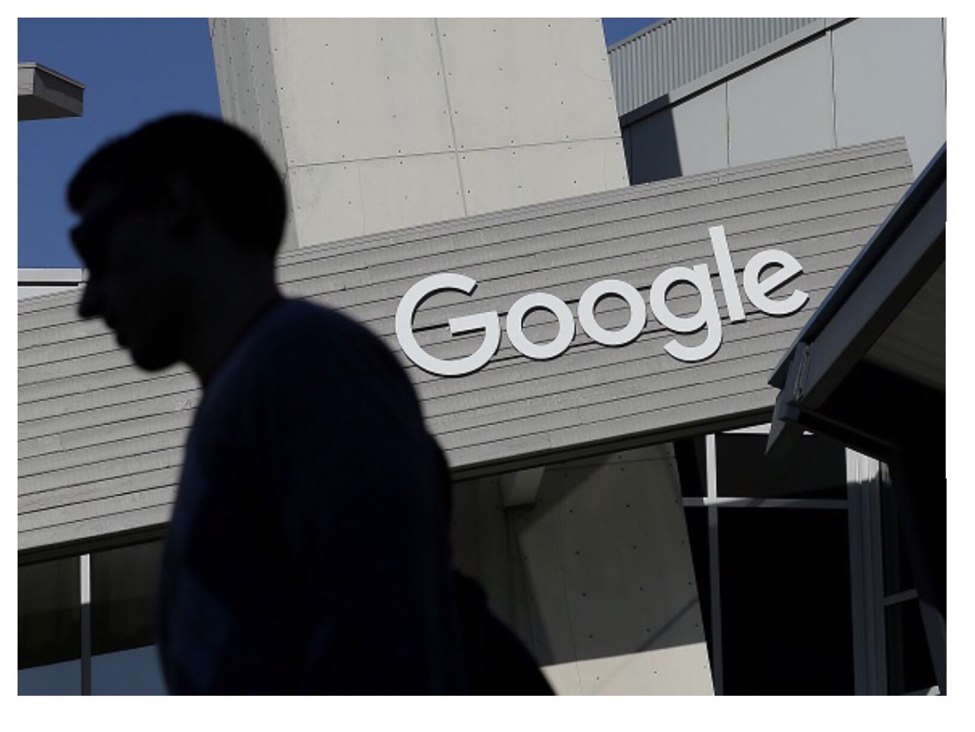
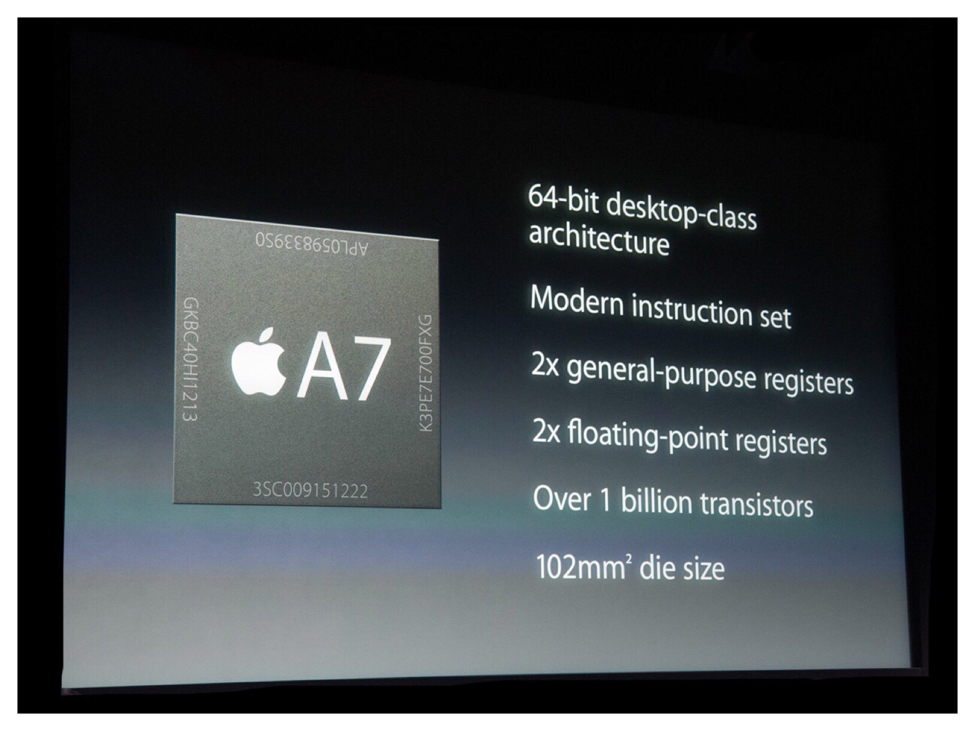
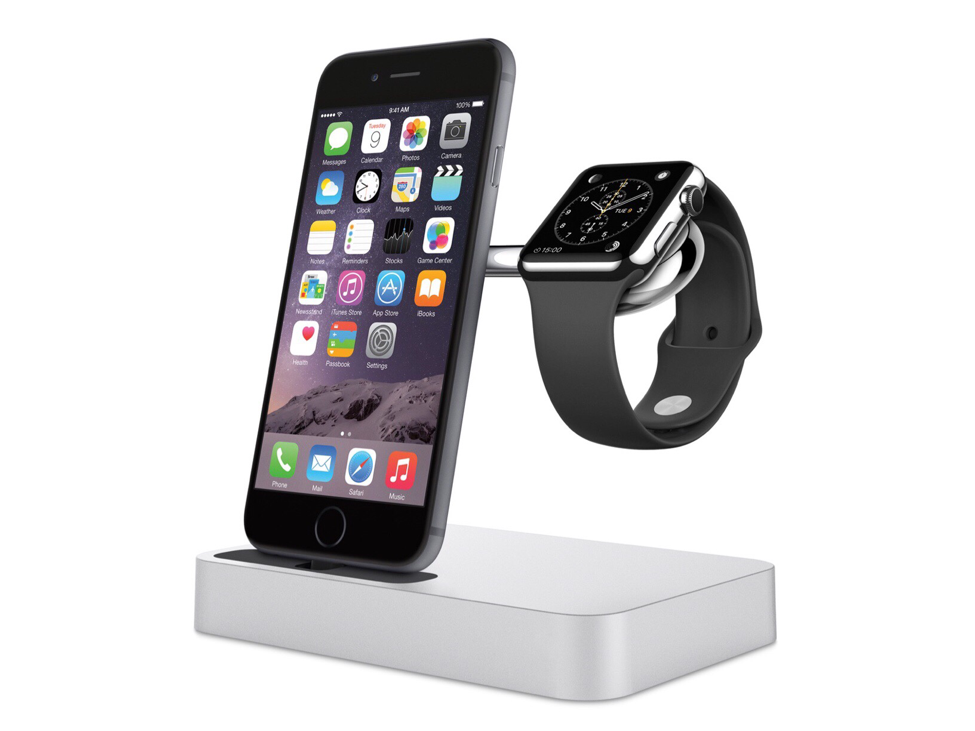


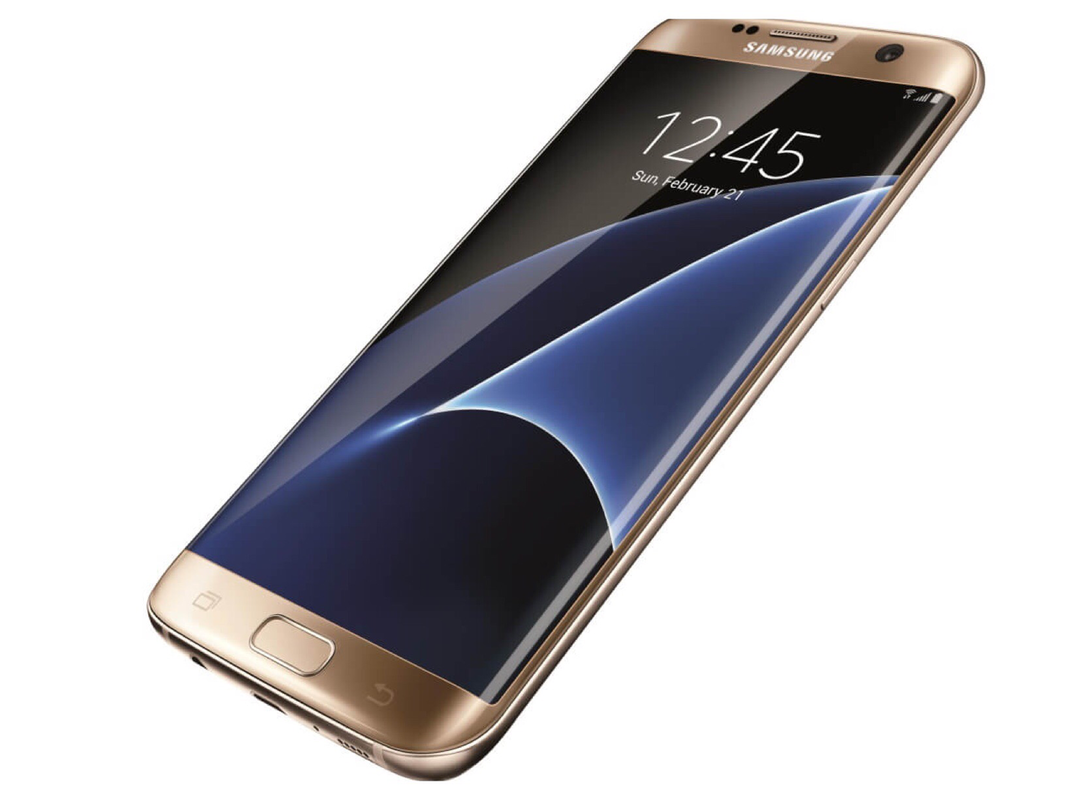

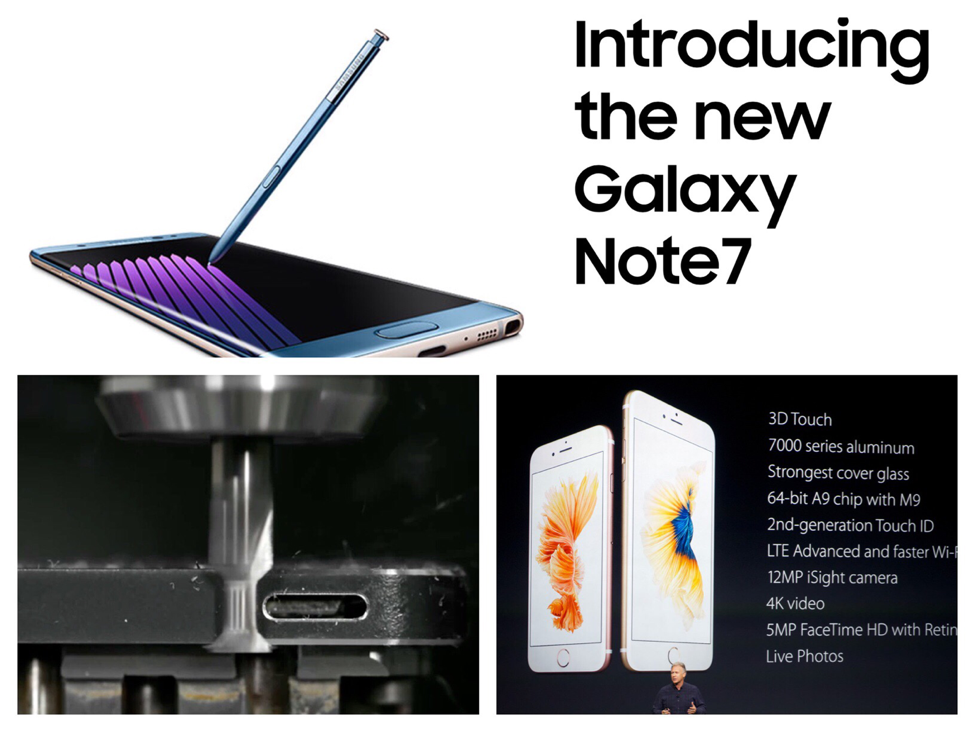
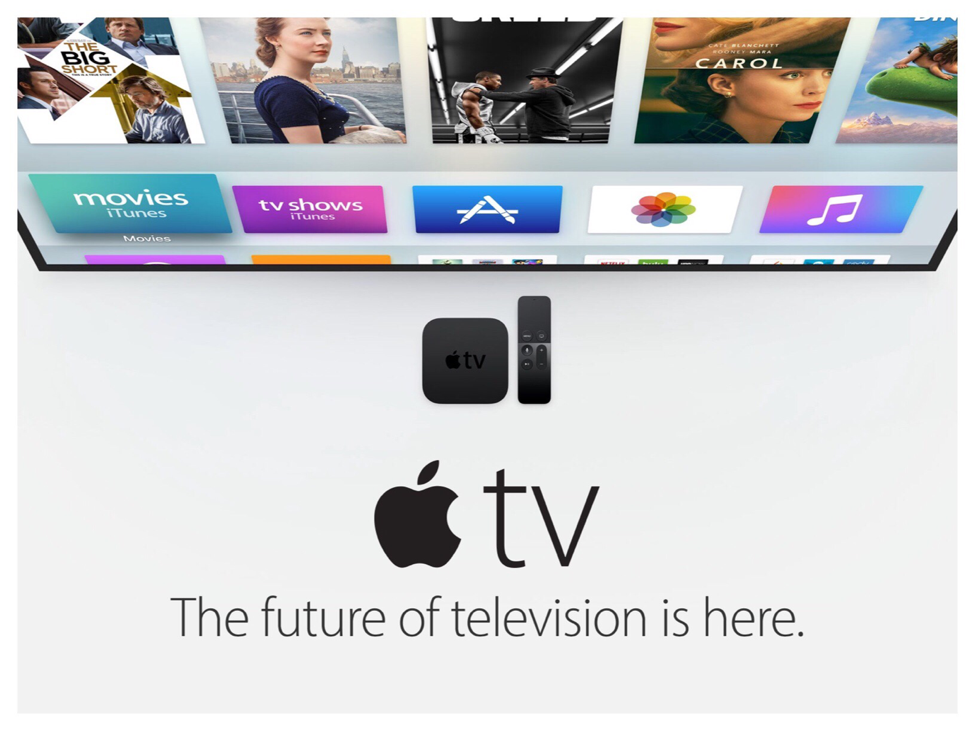
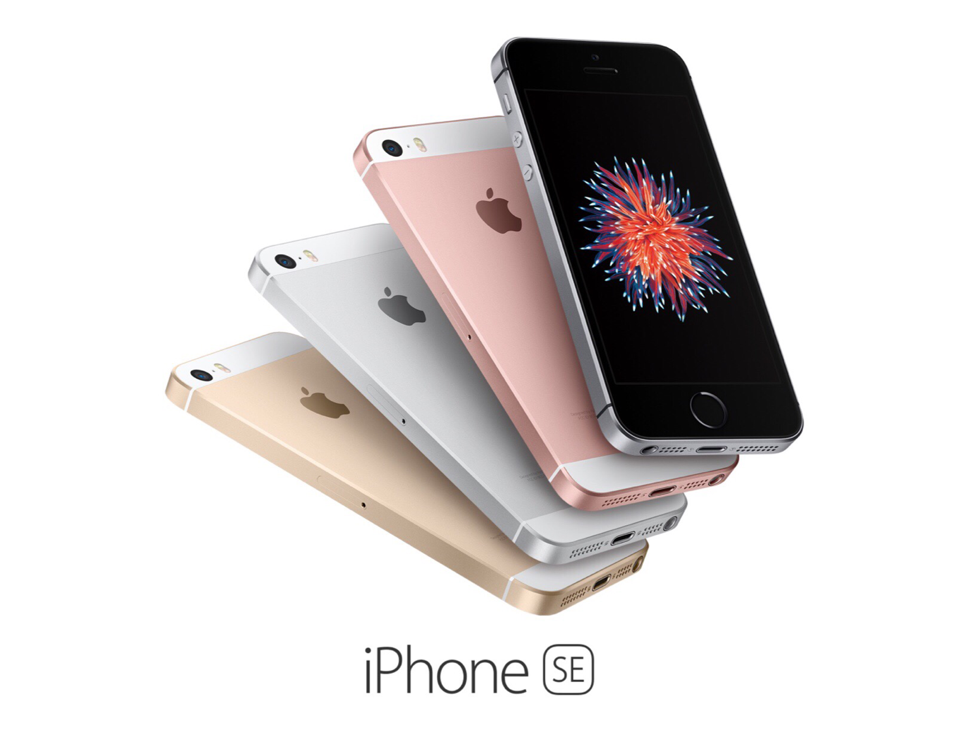
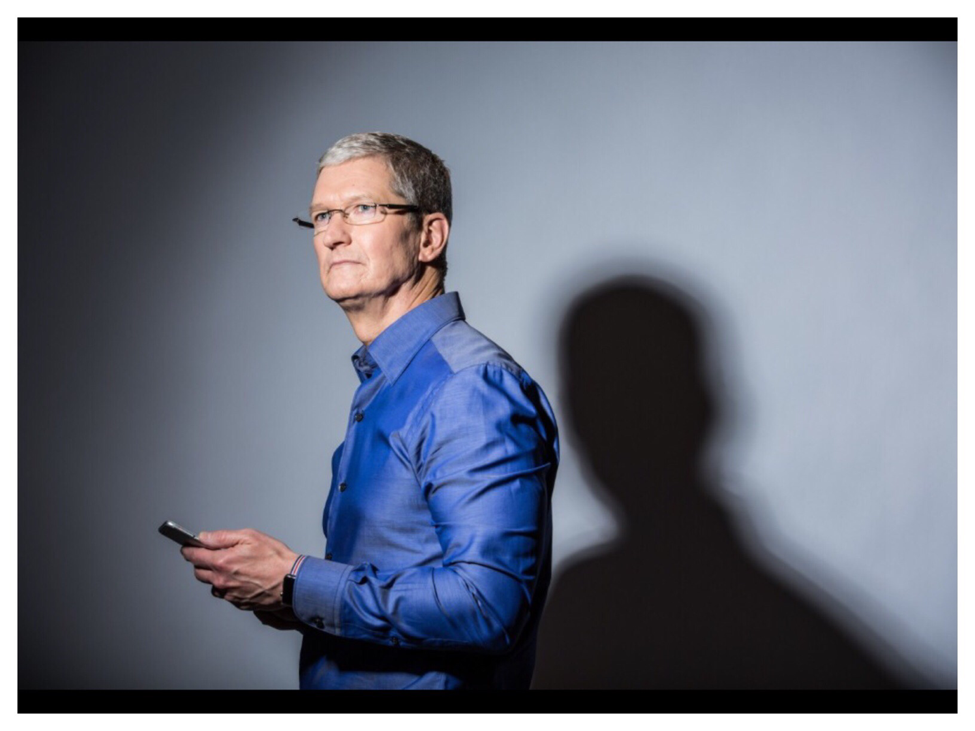

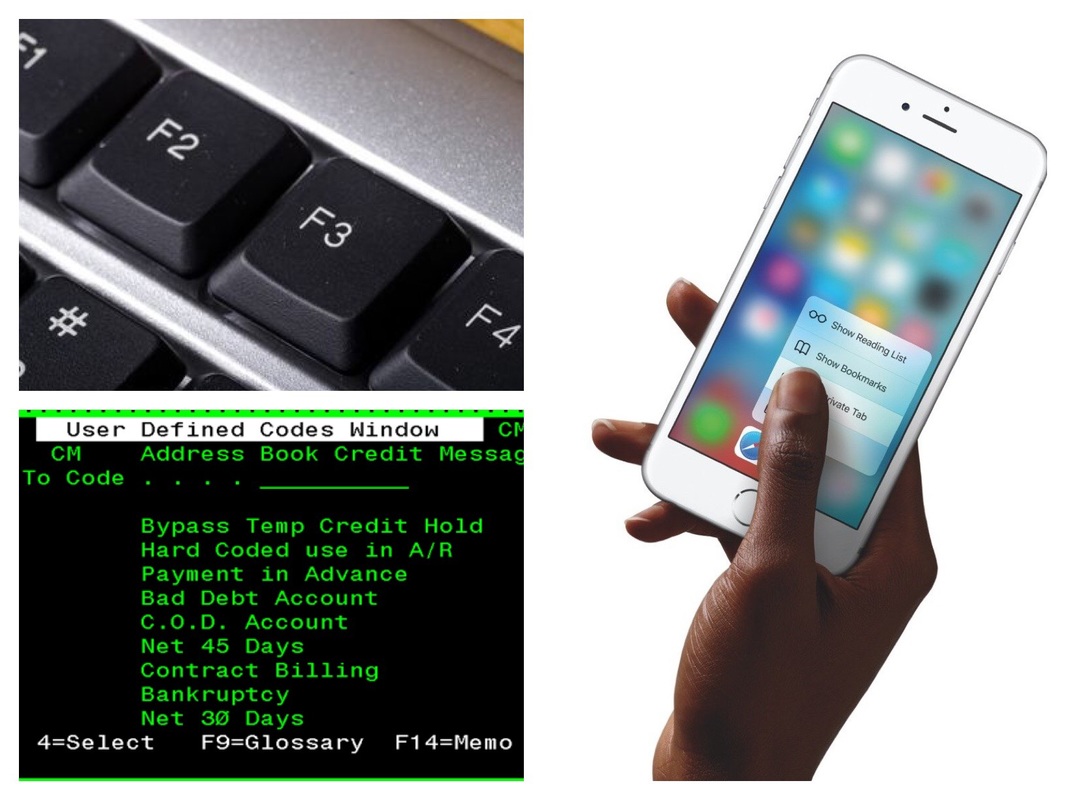
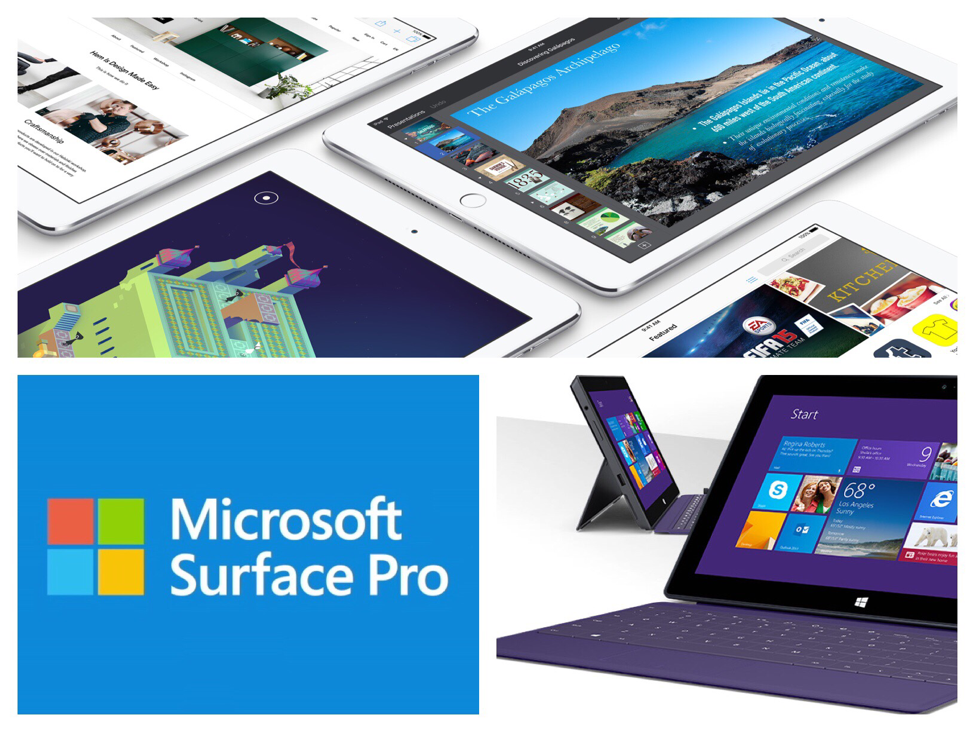
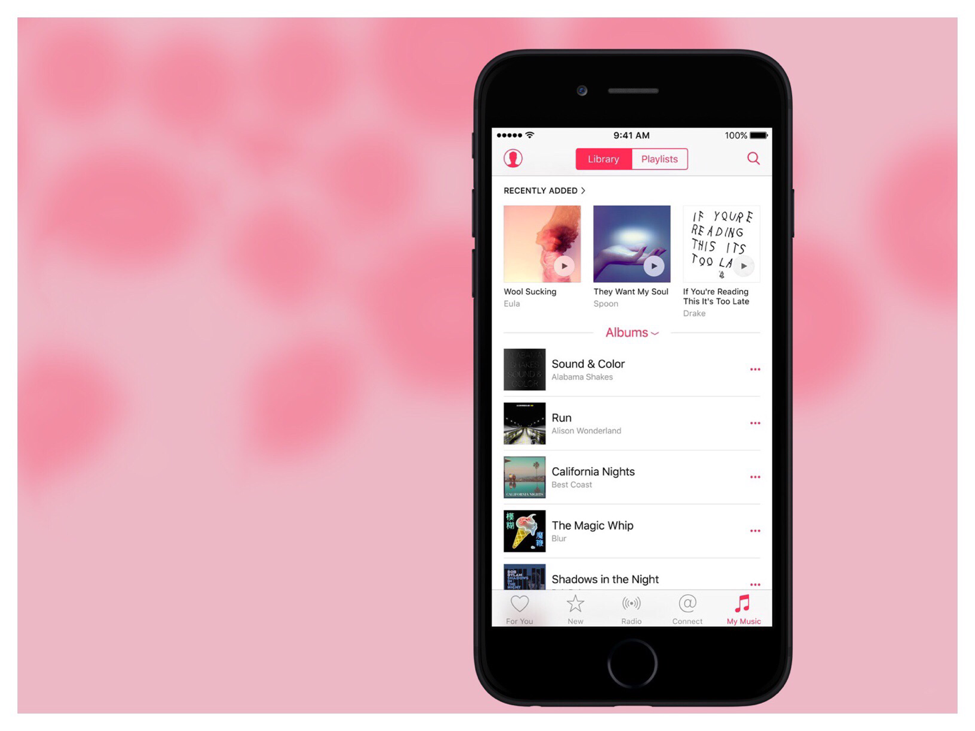

 RSS Feed
RSS Feed